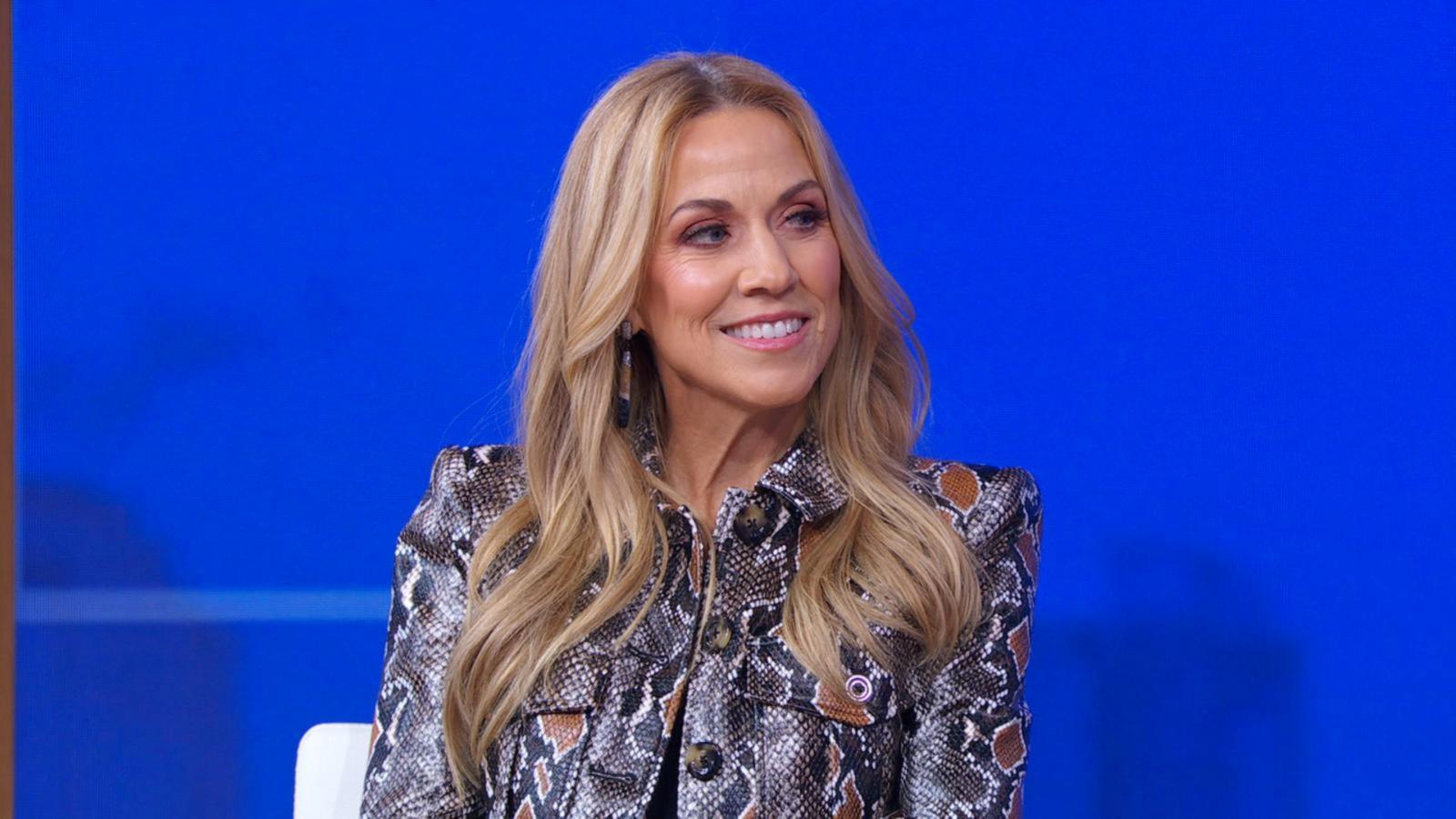Sheryl Crow, the Grammy-winning singer-songwriter, is leading the charge in urging lawmakers to establish safeguards against the use of artificial intelligence (AI) to create deceptive imitations of artists.
Crow, a 2024 GRAMMYs on the Hill artist honoree, emphasizes the importance of human creativity and the need for ethical boundaries in the development of AI.

The Human Touch in a Technological Age
Crow acknowledges the limitations of her scientific expertise, but she emphasizes the importance of the human experience in a world increasingly dominated by technology.
She highlights the power of emotions, storytelling, and artistic expression as core elements of what makes us human. These aspects, she argues, cannot be replicated by AI.
Crow cites her song, “Evolution,” as a reflection on the potential dangers of AI and its impact on human identity.
Protecting Artists from AI-Generated Deceptions
While Crow welcomes recent efforts to protect artists’ likenesses in film and television, she expresses greater concern about the potential misuse of AI to create deceptive forgeries of artists’ voices and creative output.
Crow emphasizes that the issue goes beyond financial compensation. The bigger threat lies in the erosion of authenticity and the normalization of deception.
The Ethical Use of AI
Crow acknowledges the potential benefits of AI and its capacity to solve problems and improve lives. However, she stresses the importance of developing safeguards to ensure ethical implementation.
She cites Mustafa Suleyman, CEO of Microsoft AI, who emphasizes the need for ethical frameworks to guide the development and use of AI.
A Call to Action
Crow urges artists, music lovers, and the public to demand action from lawmakers to protect creators from AI-generated fakes.
She highlights the ongoing efforts by the Recording Academy and the Artists Rights Alliance to advocate for artist protection.
Crow encourages readers to contact their representatives in Washington D.C. and support legislation aimed at safeguarding artistic integrity.
Why This Matters
Crow concludes by emphasizing the importance of artistic expression in human history and its role in shaping our collective narrative.
She calls for continued support for artists to ensure the continuation of this vital tradition.




